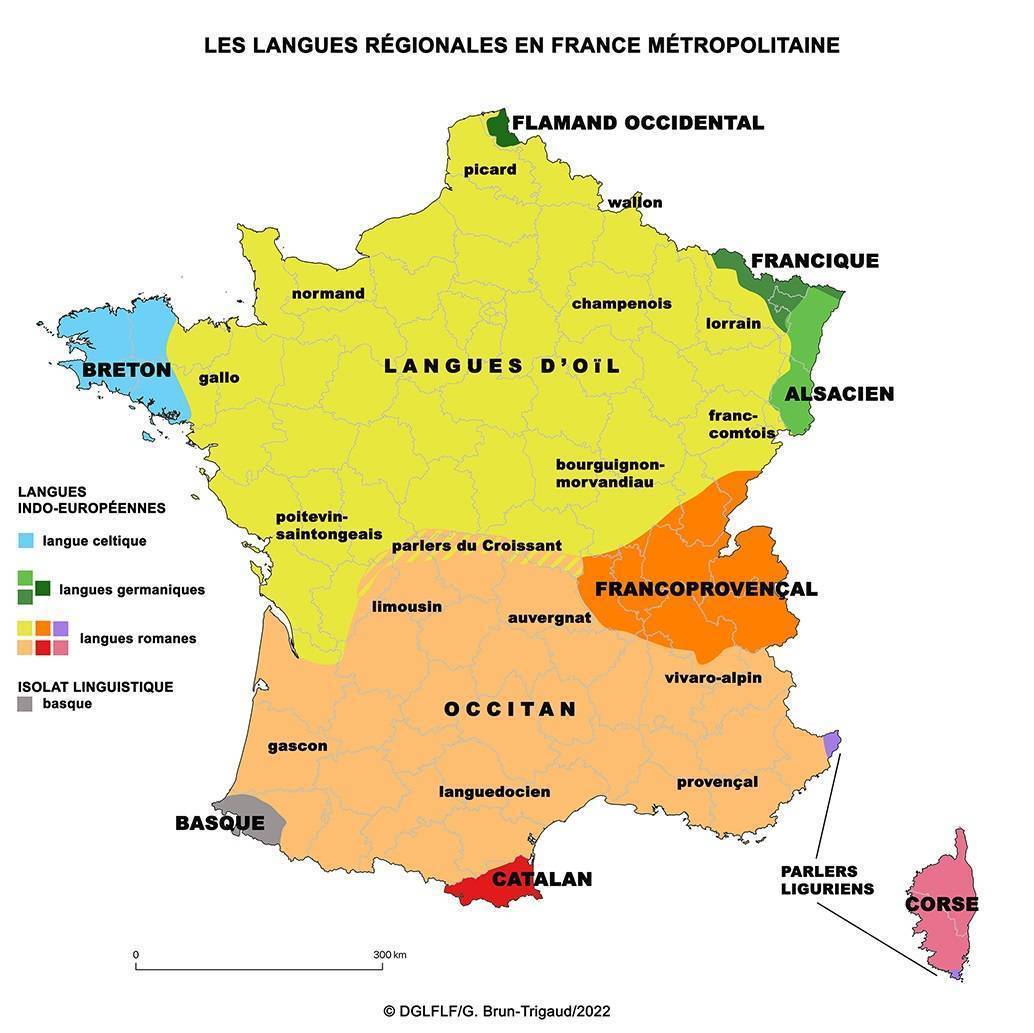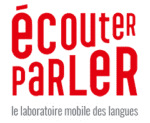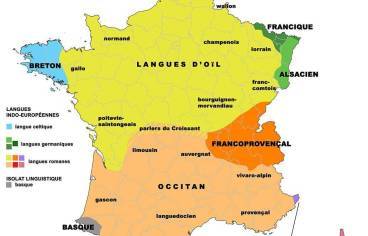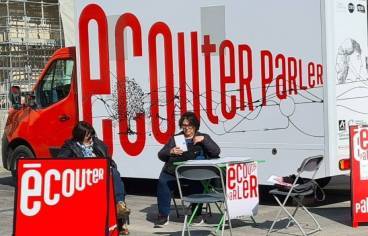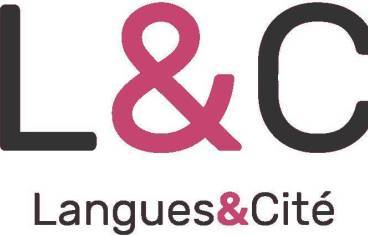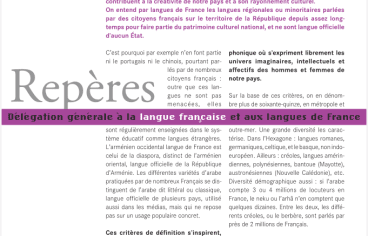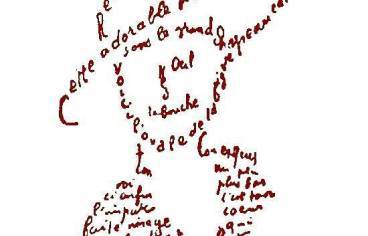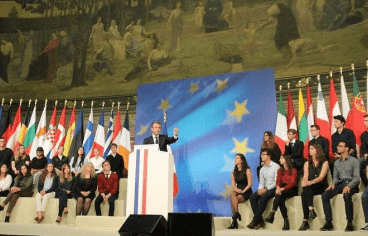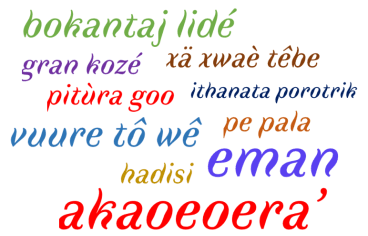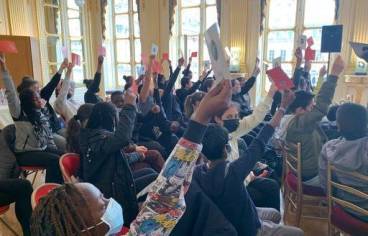Promouvoir les langues de France
La France dispose d’un patrimoine linguistique d’une grande richesse. La pluralité des langues façonne l’identité culturelle de la France. À côté du français, langue nationale, dont le caractère officiel est inscrit depuis 1992 dans la Constitution, les langues de France sont notre bien commun, elles contribuent à la créativité de notre pays et à son rayonnement culturel.
La France dispose d’un patrimoine linguistique d’une grande richesse. Pas moins de 75 langues sont reconnues comme « langues de France ». Ce concept regroupe trois catégories distinctes : les langues régionales traditionnellement parlées sur une partie du territoire ; six langues non-territoriales issues de l’immigration, sans liens géographiques avec le territoire de la République et pratiquées par des citoyens français depuis plusieurs générations ; la langue des signes française.
Inscrites dans la Constitution depuis 2008, les langues régionales sont des langues traditionnellement parlées sur une partie du territoire de la République, souvent depuis plus longtemps que le français. Elles sont très nombreuses, surtout dans les territoires des outre-mer (la Nouvelle-Calédonie compte une trentaine de langues régionales, la Guyane une douzaine).
Les langues non territoriales sont des langues sans lien géographique avec le territoire de la République, issues de l’immigration mais parlées par des citoyens français depuis plusieurs générations. Ce sont des langues qui ne bénéficient d’aucun statut dans les territoires d’où elles sont originaires. Elles sont au nombre de six : l’arabe dialectal maghrébin, l’arménien occidental, le berbère, le judéo-espagnol, le rromani et le yiddish.
La LSF est reconnue comme une langue à part entière depuis 2005 (article 75 de la Loi pour l’égalité des chances, la participation et la citoyenneté des personnes handicapées).
Soutenir, aider et promouvoir les langues de France
De nombreux acteurs assurent la promotion et la préservation des langues régionales. Qu’il s’agisse d’organismes publics ou d’associations, leur activité est essentielle pour documenter, équiper et faire vivre les langues de France à travers des initiatives culturelles, pédagogiques ou scientifiques.
Le ministère de la Culture accompagne ainsi le CIRDOC (Centre international de recherche et de documentation occitanes) et les quatre offices publics chargés de promouvoir les langues régionales dans l’enseignement, l’espace public et la création culturelle : l’Office public de la langue basque, l’Office public de la langue bretonne, l’Office public de la langue catalane, l’Office public de la langue occitane. Ces établissements jouent un rôle primordial dans la promotion des langues et cultures régionales, notamment grâce aux partenariats établis avec les collectivités territoriales, les établissements scolaires et de nombreuses associations.
De même, afin d’encourager la création culturelle en langues de France, le ministère soutient de nombreuses structures. C’est le cas notamment de la compagnie Difé Kako qui organise chaque année les Festival des langues et des cultures créoles, et du théâtre IVT, centre de référence pour la langue des signes.
Installé par le Premier ministre le 31 mars 2022, le Conseil national des langues et cultures régionales offre un cadre de dialogue et de travail transversal aux acteurs chargés de promouvoir les langues et cultures régionales. Il a pour objectif de faire progresser les coopérations entre l’État et les collectivités territoriales en matière de promotion et de valorisation des langues régionales dans les territoires. Les thèmes de travail du Conseil portent sur la formation continue, le numérique, les médias et l’édition.
Ce Conseil, dont le secrétariat est assuré par la DGLFLF, a pour membres :
- les ministres de l’Éducation nationale et de la Jeunesse ; de la Culture ; de l’Intérieur et des Outre-mer ; de la Transition écologique et de la Cohésion des Territoires ; de l’Enseignement supérieur et de la Recherche ;
- les représentants de l’Office public de la langue basque ; de l’Office public de la langue bretonne ; de l’Office public de la langue catalane ; de l’Office public de la langue occitane ; de l’Office pour la langue et les cultures d’Alsace et de Moselle ; du Conseil exécutif de Corse ;
- des personnalités qualifiées représentant huit collectivités d’outre-mer (Guadeloupe, Guyane, La Réunion, Martinique, Mayotte, Nouvelle-Calédonie, Polynésie française, Wallis-et-Futuna) ;
- le président de la Fédération pour les langues régionales dans l’enseignement public (FLAREP) ;
- le président de l’association ESKOLIM qui regroupe les six fédérations d’écoles associatives pratiquant l’immersion linguistique en langues régionales : Seaska (basque), Diwan (breton), Calandreta (occitan), ABCM-Zweisprachigkeit (allemand standard et dialectal), La Bressola (catalan), Scola Corsa (corse).
Encourager les projets numériques
Une importance particulière est donnée aux projets numériques concernant les langues de France. Parmi les projets phares portés par la DGLFLF, le portail numérique des Langues de France (ouverture prévue au printemps 2023) offrira un point d’accès unique aux informations et données sur les langues régionales et les autres langues parlées en France.
De même, le laboratoire mobile des langues « Écouter Parler » consiste à sillonner le territoire à bord d’un camion pour enregistrer des conversations en langues régionales et dans d’autres langues parlées en France. Il s’agit de collecter la plus grande base de données linguistiques afin de conserver et valoriser un vaste patrimoine sonore, grâce à une plateforme technologique du CNRS permettant les traitements scientifiques les plus innovants à l’heure de la science des données et de l’intelligence artificielle.
Partager la page
